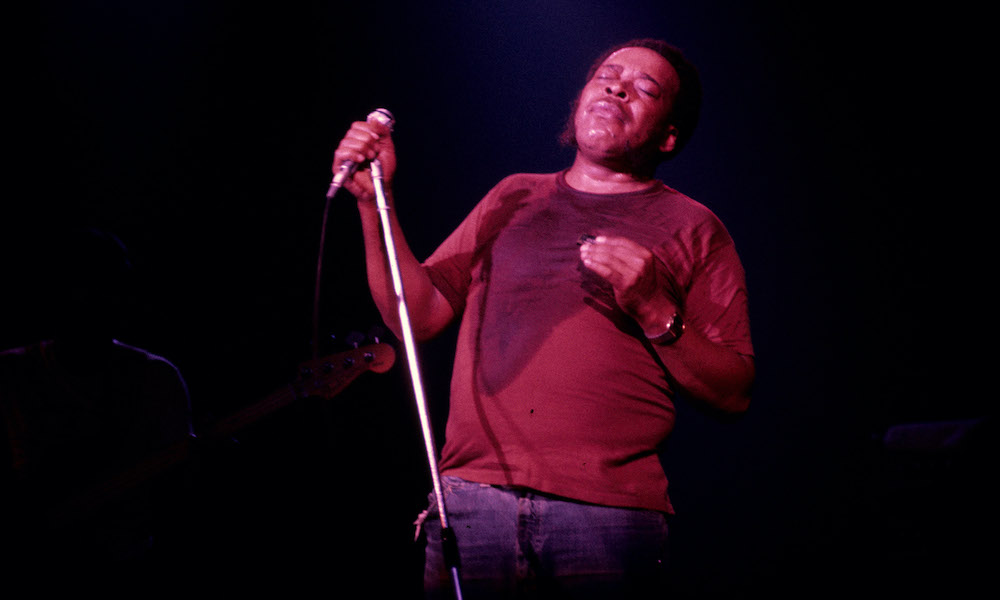James Cotton was one of the most respected of blues harmonica players, who toured from his early years with Howlin’ Wolf and Muddy Waters. Cotton spent a total of 12 years on the road with Wolf and Muddy, and was featured on Waters’ At Newport 1960, recorded live at the Newport Jazz Festival that year.
Born on July 1, 1935 in in the heart of blues country in Tunica, Mississippi, he formed the James Cotton Band in 1966. He went on to play on Waters’ Grammy-winning 1977 album Hard Again, which was produced by Johnny Winter. James also collaborated with a remarkable array of stars of both rock and blues, including Janis Joplin, Led Zeppelin, B.B. King, the Grateful Dead, Freddie King, Steve Miller, Sonny Boy Williamson, Gregg Allman, and Joe Bonamassa. Cotton won a Grammy Award for his 1996 album Deep In The Blues and was nominated for others, including his final set, 2013’s Cotton Mouth Man.
From Sun Records to the Blues Hall of Fame
The harmonica man was with Wolf from the early 1950s, and soon made recordings of his own (including the notable “Cotton Crop Blues”) at Sun Records, under the direction of Sam Phillips. Then he started his work with Waters, alternating as featured harmonica player with Little Walter. Cotton recorded in later years for Buddah and Alligator and was inducted into the Blues Hall of Fame in 2006.
When he released his Cotton Mouth Man album in 2013, he told USA Today how happy he was with it. “I feel better about this than I probably have any one I’ve ever had before,” Cotton said. “I got my whole life sewed in it,” he says. “It feels really good to me, and I hope it feels good to everybody else, too.”
Also in 2013, Cotton told NPR: “I guess I was born with the blues, and I don’t know nothing else but the blues.” He died from pneumonia on March 16, 2017 at the age of 81.




